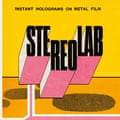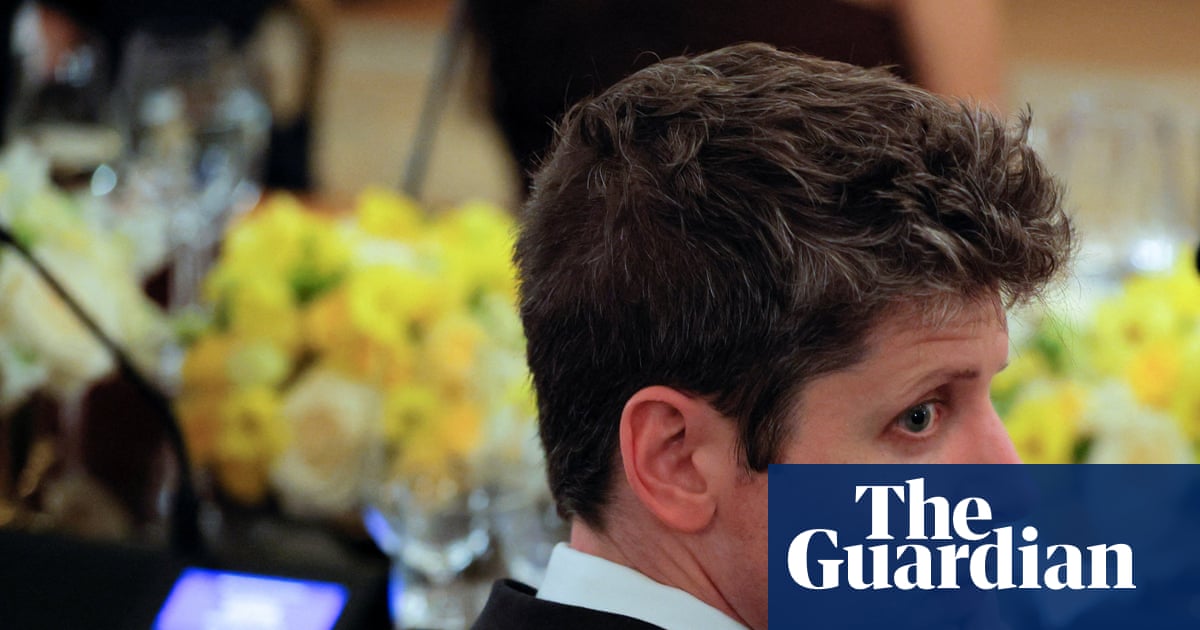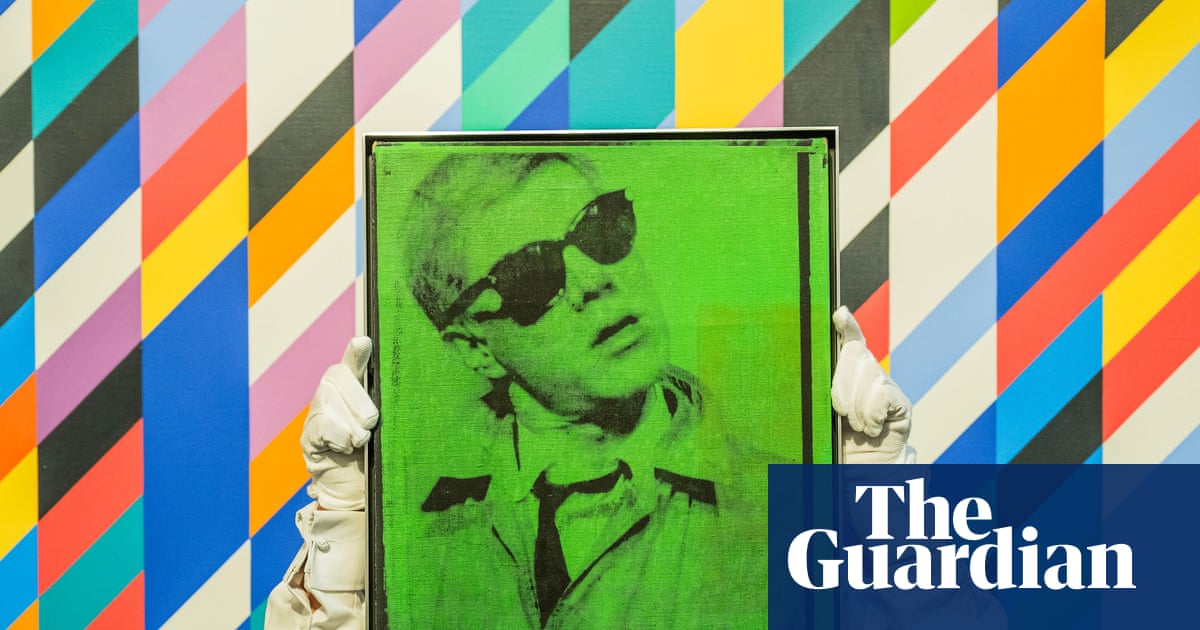The first sound you hear on Stereolab’s first new studio album in 15 years is a burst of arpeggiated synth tones. It sounds not unlike the once futuristic ident of a long-defunct TV channel. The first words you hear Lætita Sadier and backing vocalist Marie Merlet sing – their voices winding around each other in a sweet-but-sad melody, over the tight, mid-tempo rhythm of Aerial Troubles – are “the numbing is not working any more / An unfillable hole, an insatiable state of consumption (systemic) / assigned trajectory (extortion).”

To which, of course, the seasoned Stereolab fan might break into a contented smile of recognition and sigh “mais naturellement”. A retro-futurist aesthetic; tight, hypnotic grooves derived from the motorik krautrock of Neu!; vintage synthesiser tones and vocals that entwine around each other; lyrics that take a dim Marxist/situationist-influenced view of modern life: this is very much what Stereolab spent the 90s and early 00s dealing in, during a career in which they occupied their own space slightly apart from everything else.
They were a product of the low-rent London indie scene documented in former drummer Joe Dilworth’s 2024 book Everything, All at Once Forever, but sounded nothing like any of its other participants. The closest they came to mainstream success – a couple of Top 20 albums, a lot of radio play for their 1994 single Ping Pong – was during the Britpop era, but they clearly had almost nothing in common with Britpop. Aspects of their sound or aesthetic chimed variously with post-rock, the easy listening revival, leftfield electronica, and the curious 90s midlands underground scene that begat Pram, Broadcast and Plone, but Stereolab never quite fitted with any of them.
No one familiar with their back catalogue is going to play Instant Holograms on Metal Film and wonder aloud at who it’s by. It’s all very Stereolab, from the song titles – Colour Television, Electrified Teenybop! and Vermona F Transistor – to its sound, which is impressively eclectic without really shifting outside the admittedly wide-ranging palette of styles they deployed in their initial incarnation. Immortal Hands shifts from jazzy sunshine pop to drum-machine-driven funk; a hint of drum’n’bass lurks around the agitated rhythm of Transmuted Matter; the bouncy keyboard riff of Esemplastic Creeping Eruption seems to have been transplanted into the song from a lost 70s kids’ show.
Perhaps more importantly, anyone familiar with their back catalogue should be delighted to learn that Instant Holograms on Metal Film offers a very strong example of Stereolab doing what they do. The criticism that frequently dogged them was that there was something arid and dispassionate about their collaging of recherche musical influences and political theory: it was terribly clever rather than heartfelt. But for all Sadier’s cool detachment, there’s a warmth and brightness to the sound and the yé-yé and easy listening-derived melodies. The instrumental Electrified Teenybop! feels gleeful enough to deserve its exclamation mark; the flute-adorned Flashes from Everywhere is a breezy joy. It never sounds like people conducting an experiment so much as a reconvened band genuinely enjoying working together. Amid the album’s references to the death of modernity and Deleuze and Guttari’s Anti-Oedipus: Capitalism and Schizophrenia, you could read the lyrics of Esemplastic Creeping Eruption, with their talk of “reconciliations”, leaving “the realm of oppositions” and the “bountiful tap” of creativity as being about nothing more complicated than reforming the band.
after newsletter promotion
There’s something slightly strange about hearing the reconstituted Stereolab in 2025: for all that Instant Holograms on Metal Film harks back to the music they made 30 years ago, it feels weirdly current. Perhaps that’s because they were always at one remove from everything else – it doesn’t evoke a specific past era – or perhaps because Stereolab have exerted at least some influence over pop since their initial split, hailed as an inspiration by everyone from Deerhoof to Tyler, the Creator, the latter claiming “they shaped my sound”. (There also exists a video online in which Pharrell Williams describes why their 1997 track The Flower Called Nowhere is the best music to be fellated to in dispiriting detail, but the less said about that the better.)
Or perhaps it’s because Sadier’s lyrics feel less marginal or left-field than they once did. You really didn’t get a lot of Marxist-influenced critiques of late-stage capitalism during Britpop: today, the notion that an addiction to growth might pose an existential threat to humanity has been mainstreamed. Likewise the rise of social media has made rather a lot of situationism’s ideas about spectacle seem more pertinent than ever. “The goal is to manipulate / Heavy hands to intimidate / Snuff out the very idea of clarity / Strangle your longing for truth and trust,” sings Sadier on Melodie Is a Wound. On the one hand, that’s very much Stereolab being Stereolab. On the other: she can say that again.
This week Alexis listened to
Parade – Picking Flowers
Eerily atmospheric, occasionally discordant, ultimately rather beautiful, touching on post-rock, jazz and acoustic singer-songwriter modes along the way: a strange, and fascinating debut by the London band.

 3 months ago
51
3 months ago
51

















































